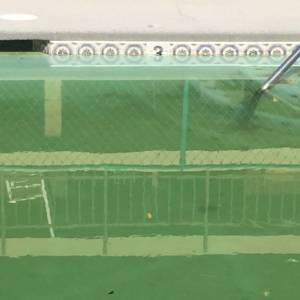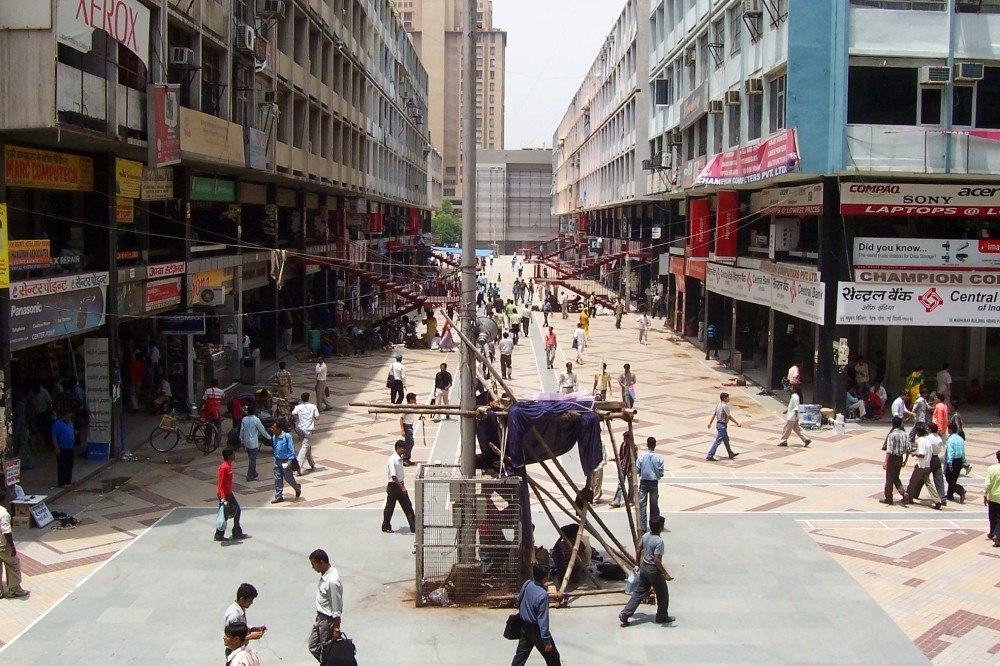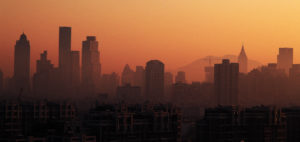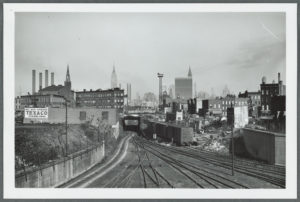By SUSAN HARLAN
Townsend, Tennessee, US
Tomorrow is Spring Break – Monday, the start of the season – and kids and families and everyone will come. But tonight it’s still quiet (has been since the day after Thanksgiving), and I have the motel and the campfire and the geese all alone.
The trees say nothing of spring. They speak only of winter, with their bark and branches.
Only three cars are parked at the motel. Two big trucks and mine. Townsend is right next to Great Smoky Mountains National Park. The town calls itself “the quiet side of the Smokies.” Seventeen miles down the two-lane Highway 321 is the other, not quiet side of the Smokies: Pigeon Forge, home of Dollywood.















